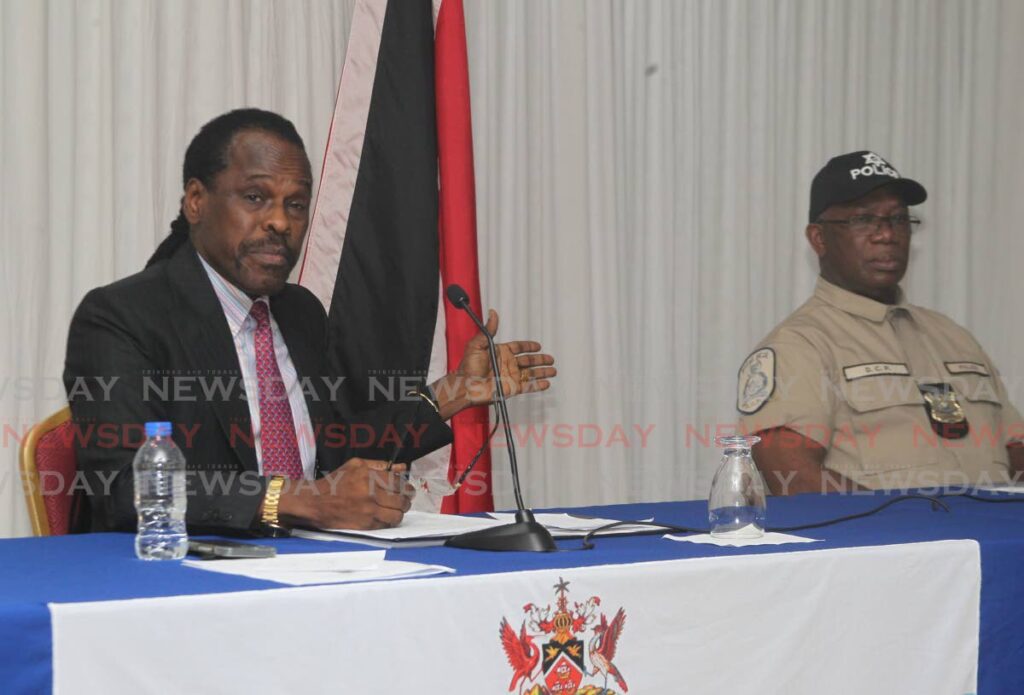Justice must be bailed out

FEW THINGS better illustrate the dangers of leaving individual freedoms in the hands of parliamentarians than this country’s history of using bail restrictions as a long-term tool for dealing with crime.
This practice, though perhaps once justifiable as a short-term measure, over time has eroded the principle that an individual is assumed innocent until proven guilty.
Beginning in 2005 in relation to one offence, kidnapping, over decades, it snowballed into an ever-widening array of restrictions, often justified by so-called “sunset” clauses.
That Cabinet wishes to continue this policy was confirmed on Friday by National Security Minister Fitzgerald Hinds.
Mr Hinds announced legislation to extend the Bail (Amendment) Act, 2019, which allows the State to remand people charged with firearm offences or who have previous convictions.
The minister acknowledged the law contravenes rights, but said, as many of his predecessors have, that a balance must be struck.
Meanwhile, he said the State continues to improve justice. Evidence-gathering is increasingly using scientific techniques. The Forensic Science Centre has been bolstered, police manpower beefed up.
Mr Hinds enlisted the support of acting CoP McDonald Jacob.
The latter said of 150 charges brought in the last year, 50 resulted in guilty pleas because accused people opted for their cases “to be completed.” They preferred to pay fines instead of remaining in prison.
This is a system of blackmail, not justice. And it assumes everyone who is charged is, by virtue of being accused, guilty.
Such an assumption, of course, is often wrong. Many believe, trusting the police and prosecutorial bodies, that behind a charge is evidence of a sufficient degree.
But the threshold for bringing a charge is not the same as irrefutable proof.
And with alarming levels of police misconduct, the assumption of good faith is too routinely open to question. A lack of timely convictions upheld in court also reflect poorly on the quality of police decision-making.
Mr Hinds implied another reason why bail restrictions might be of use: that intelligence agencies bring certain information to light, for example that certain people on remand are committing crimes.
“They calling shots from inside the jail,” he said. “Persons like that don’t deserve a place among civilised people in society.”
But in a civilised society, there is a difference between raw “information” and truth. The Government knows this well, having recently advanced this very distinction to defend one of its own.
We strongly concur with the position taken by former UNC attorney general Ramesh Lawrence Maharaj, SC, on Saturday.
“However you may feel about an individual, they are innocent until proven guilty, and what has been happening in TT in some matters you are proven guilty and they have to prove their innocence,” Mr Maharaj said. “I am sorry to be emotional about this. It is very wrong.”


Comments
"Justice must be bailed out"